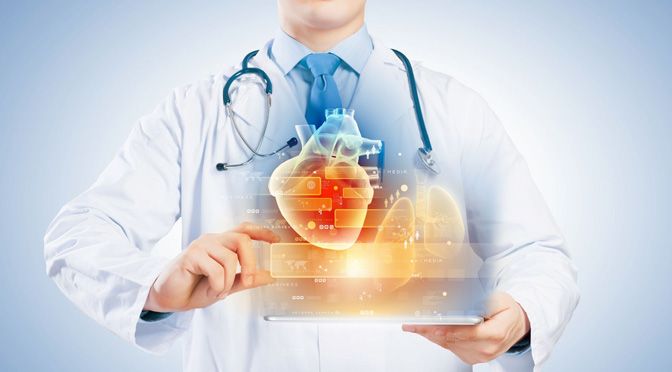Cardiovascular Research
IRCCS MultiMedica specializes in diseases of the cardiovascular system and is officially recognized by the Ministry of Health in this discipline.
Research at IRCCS is divided into two main interconnected and coordinated areas: translational research and clinical research.
It operates in close collaboration with MultiMedica Onlus Foundation, utilizing two facilities: the Scientific and Technological Hub on Via Fantoli, covering approximately 10,000 sqm dedicated to basic research, and Sesto San Giovanni Hospital (21,500 sqm), focused on clinical care and research.
The research activities at IRCCS MultiMedica are carried out both independently and through agreements and collaborations with key national and international institutions, including the University of Milan, University of Milano Bicocca, University of Insubria Varese, University of Pavia, University of Salerno, and the National Research Council (CNR). With over 1,000 employees, IRCCS MultiMedica is one of the most important healthcare organizations in the Lombardy Region.
To provide an overview of its work, the three-year research program for 2021–2023 is outlined below:
- RESEARCH LINE NO. 1
Cardiovascular Diseases and the Multi-Pathological Patient: Pathophysiology, Translational Research, and Care. - RESEARCH LINE NO. 2
Study of Risk Factors for the Prevention of Cardiovascular Diseases: Pathophysiology, Translational Research, and Experimental Applications. - RESEARCH LINE NO. 3
Collaborative network and transnational research: Eranet projects, Ministry of Foreign Affairs, and network projects.
The Research Lines of the Institute approved by the Italian Ministry of Health for the three-year period 2025–2027 are:
Research Line 1 – Common and rare cardiovascular and pulmonary diseases: cardiopulmonary pathophysiology, translational studies, diagnosis, therapy, and personalized secondary prevention.
Research Line 2 – Dysmetabolism, obesity, aging, and inflammation-immunology as common risk factors for cardio-respiratory diseases and their chronic-degenerative consequences (nephropathies, reverse cardio-oncology, neurological consequences): translational studies, clinical-experimental applications, and precision primary prevention.
Research Line 3 – The role of the MACRO-environment (external) and the MICRO-environment (internal) in the development and progression of cardio-pulmonary diseases.
Research Line 1 aims to expand knowledge of the molecular, cellular, and physiological mechanisms regulating the normal functioning of the cardiovascular and respiratory systems as essential elements for maintaining human health. It focuses on clinical research aimed at identifying new tools for early diagnosis and implementing innovative precision therapies.
Research Line 2 addresses the crucial role of endogenous risk factors in the onset and progression of cardiovascular and respiratory diseases. Factors such as inflammation, impaired immune response, (dys)metabolism—particularly type 2 diabetes—and cellular aging represent key hallmarks in the development and progression of these conditions.
Research Line 3 investigates the role of environmental factors, both external and internal (e.g., the microbiome), in the development of communicable and non-communicable diseases, with particular focus on the cardiovascular and pulmonary systems.

